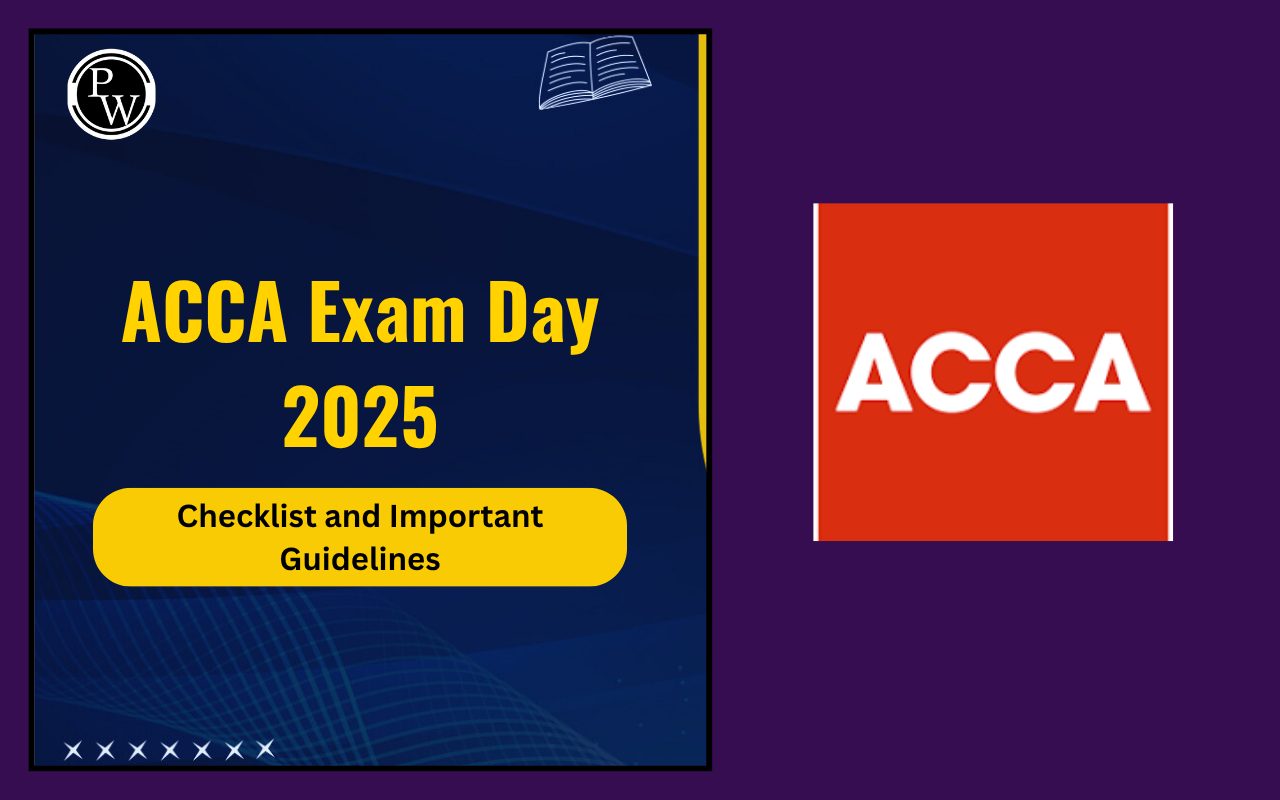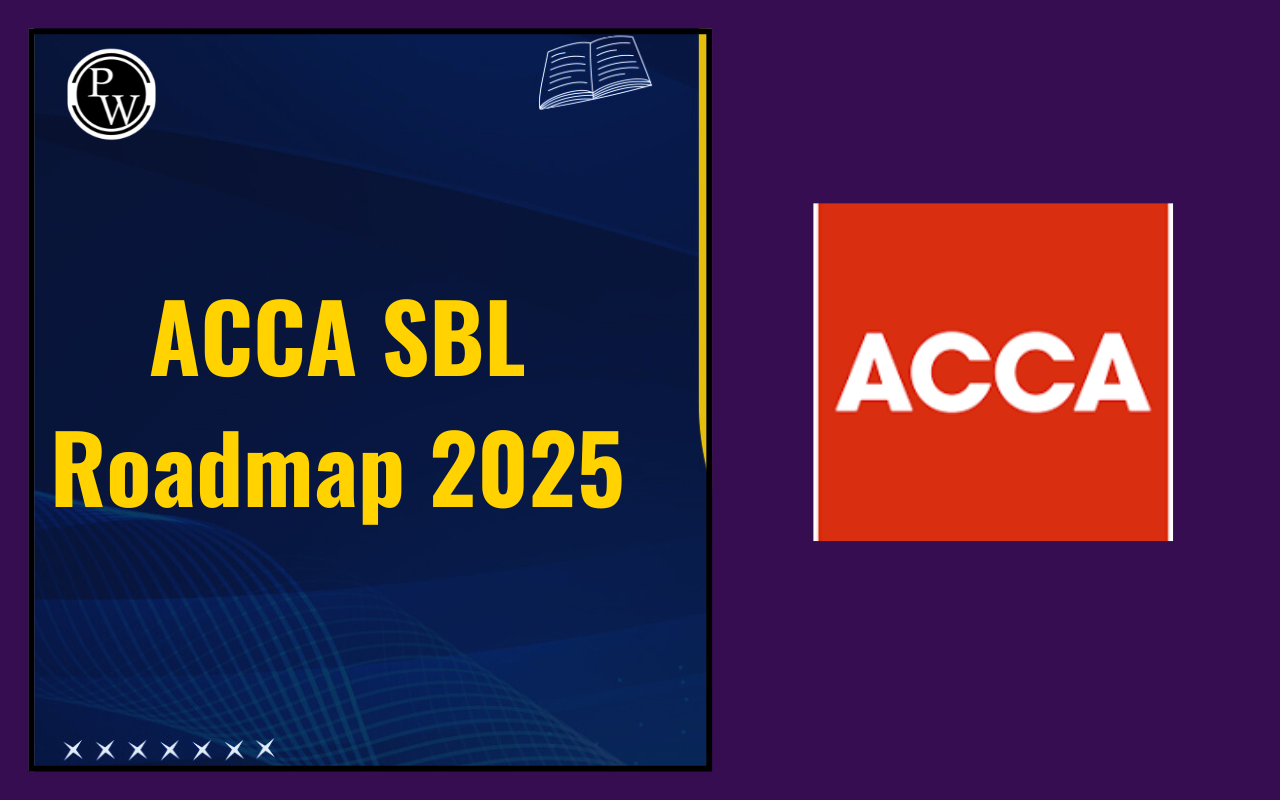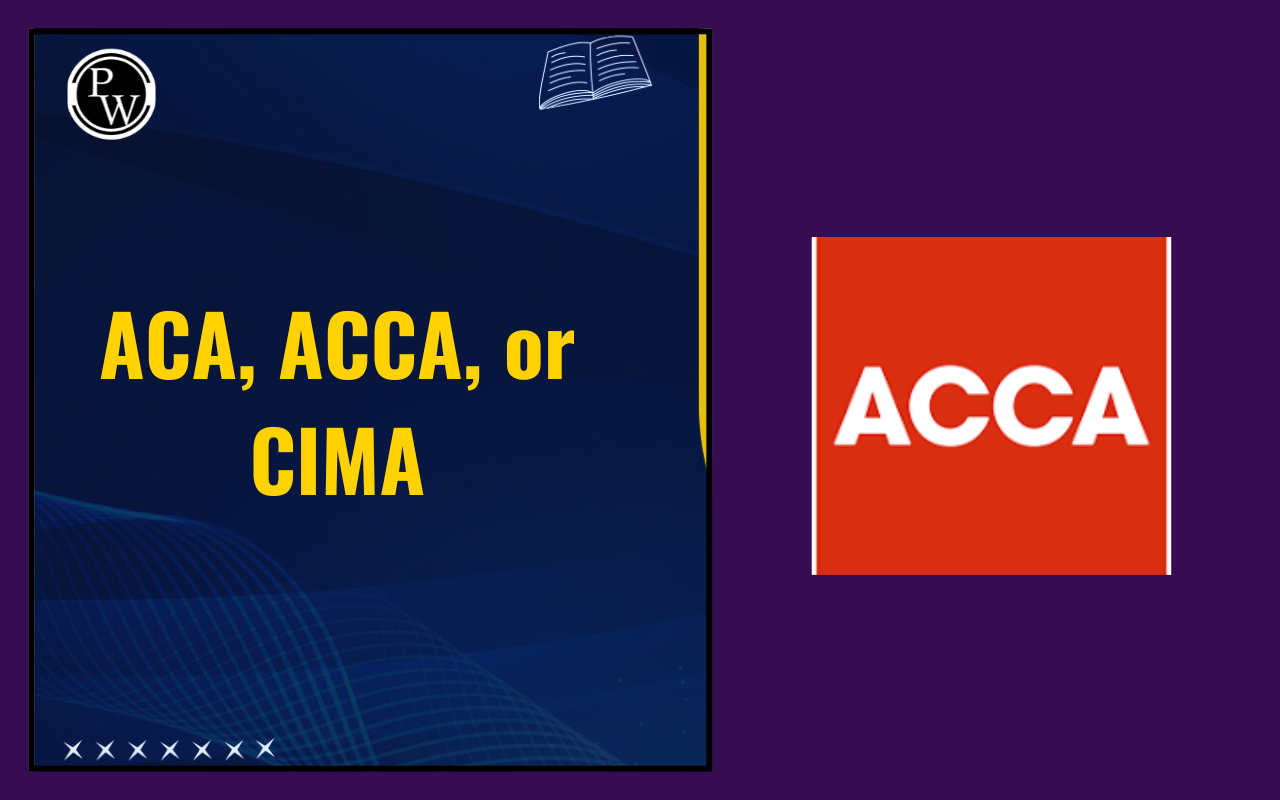
The ACCA Case Study Questions are designed to assess a candidate’s ability to apply their knowledge, skills, and judgment to real-world audit and assurance scenarios. These questions are part of the final level of ACCA exams and require an analytical mindset, practical application, and professional judgment. Understanding how to tackle these questions effectively can significantly boost your chances of securing a high score.
ACCA Case Study Questions
ACCA Case Study Questions are designed to simulate real-life business scenarios that require critical thinking, problem-solving, and application of ACCA principles. These questions typically involve a business facing financial, operational, or ethical dilemmas, requiring candidates to analyze data, identify issues, and provide recommendations.
Unlike straightforward theoretical questions, ACCA Case Study Questions evaluate a student's ability to think like a professional accountant. These questions assess analytical skills, judgment, and the ability to communicate effectively, making them crucial for your success in the ACCA exams.
How to Read and Analyze ACCA Case Study Questions
Before diving into your response, it's crucial to carefully read and analyze the case study. Identifying key facts, financial implications, and ethical considerations will help in forming a structured and relevant answer.
Step 1: Carefully Read the Question
Before jumping into writing, take the time to read the entire case carefully. Identify key details such as the company's industry, financial position, and any challenges it faces. Pay attention to command words like "analyze," "evaluate," and "recommend," as these dictate the depth of response required.
Step 2: Identify the Requirements
Break down the question requirements into smaller components. Many ACCA Case Study Questions contain multiple sub-requirements, each addressing different aspects of the case. Understanding these will help you allocate time efficiently and ensure that no part of the question is left unanswered.
Step 3: Highlight Key Information
Underline or highlight crucial figures, dates, and financial data. This practice helps in structuring a relevant and well-supported answer. Often, students lose marks by overlooking critical details that could strengthen their arguments.
Structuring Your Answer for ACCA Case Study Questions
A well-structured answer demonstrates clarity and professionalism. Organizing your response using a logical framework ensures that all aspects of the question are addressed effectively, enhancing the quality of your analysis.
Step 1: Plan Your Response
Take a few minutes to outline your answer before you start writing. This keeps your response organized and prevents you from going off-track. A well-structured answer includes an introduction, body, and conclusion, making it easier for the examiner to follow.
Step 2: Use the PEEL Method
For each point in your answer, follow the PEEL method:
-
Point: State the key point
-
Explain: Provide a clear explanation
-
Example: Use an example from the case study
-
Link: Connect it to ACCA principles
This approach ensures clarity and relevance in your answer, helping you secure higher marks.
Step 3: Maintain Professionalism
Since ACCA exams test professional competence, your answers should reflect professionalism. Use clear, concise language, avoid unnecessary jargon, and present your response in a well-structured format. Where applicable, use headings and subheadings to enhance readability.
Time Management in ACCA Case Study Questions
Managing your time efficiently during the exam is essential for completing all sections. By allocating time based on marks, prioritizing key points, and avoiding unnecessary details, you can optimize your performance.
Allocating Time Per Question
Divide your available exam time based on the marks allocated to each question. If a case study is worth 40 marks and the exam is 180 minutes long, you should aim to spend about 40 minutes on that question. Keeping track of time ensures that you do not spend too long on one part and rush through the rest.
Avoiding Common Pitfalls
Many students either over-explain simple points or spend too much time on one section. Stick to the required depth of analysis based on the command words used in the question. Practice under timed conditions before the exam to improve your ability to manage time effectively.
Practicing for ACCA Case Study Questions
Regular practice is key to mastering ACCA case studies. By solving past papers, simulating exam conditions, and refining your analytical skills, you can develop a structured approach to answering complex scenarios.
Use Past Papers
One of the best ways to prepare is by attempting past ACCA Case Study Questions. This familiarizes you with the exam format, common themes, and the level of detail expected in your answers.
Simulate Exam Conditions
When practicing, try to replicate actual exam conditions. Time yourself, avoid distractions, and review your answers critically. This practice helps in reducing exam-day anxiety and improving performance.
Seek Feedback
Discuss your answers with peers or mentors. Getting feedback helps identify areas for improvement and enhances your ability to present well-structured answers.
Mastering ACCA Case Study Questions requires a combination of strategic reading, structured answering, and effective time management. By understanding the question requirements, using a clear answer structure, and practicing consistently, you can improve your confidence and performance in ACCA exams.
If you're looking for guidance and structured preparation, check out PW ACCA Courses, designed to help you prepare for the ACCA exam.
| Also Check: | |
| ACCA 2025 | ACCA Exam Dates 2025 |
| ACCA Syllabus 2025 | ACCA Exam Pattern 2025 |
| ACCA Exemptions | ACCA Eligibility Criteria 2025 |
| ACCA Exam Docket 2025 | ACCA Exam Booking 2025 |
FAQ
What are ACCA Case Study Questions?
How can I improve my performance in ACCA Case Study Questions?
What is the best way to structure an answer for ACCA Case Study Questions?
How much time should I spend on ACCA Case Study Questions in the exam?










